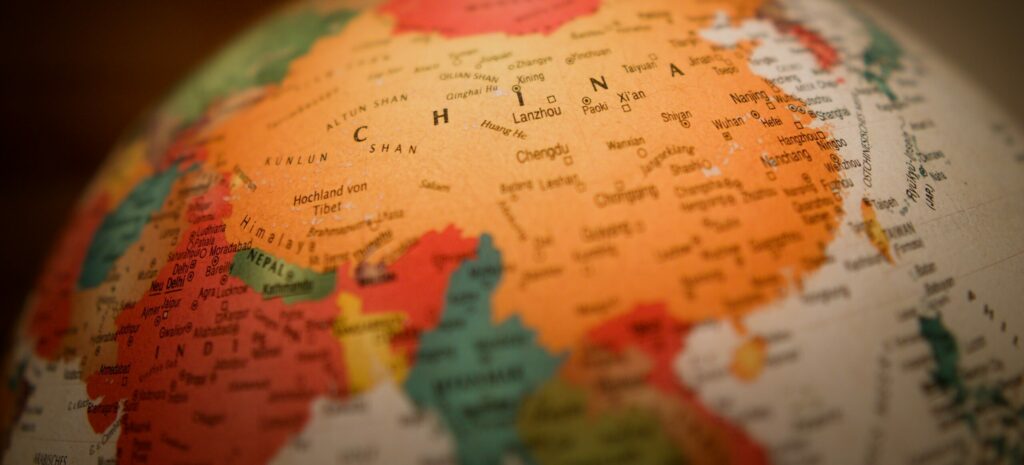Vietnam Punches Above its Weight in Regional Power Rankings

Vietnam is the 12th most powerful country in Asia, according to the Lowry Institute, an independent policy think-tank based in Sydney, Australia publishing research on international affairs, including its flagship Asia Power Index.
Scoring 18.7 out of a possible 100, Vietnam saw its total score increase by 1.2 points – a 17 per cent rise – over the 2020-2024 period. This total score is a weighted average of eight individual indices, including: cultural and diplomatic influence, economic relationships, future resources, economic capabilities, and resilience. The Asia Power Index tracks changing influence in the region over time, showing which countries have the most weight in regional affairs.
Vietnam scored highest in the “diplomatic influence” category, ranking eighth in the region – up one place and 3.3 points since the last Index – with a total score of 58.6. The Lowry Institute reports that this is “the result of its proactive diplomatic outreach with a diverse set of partners” and the fact that Vietnam held the second-highest number of bilateral diplomatic meetings in 2023 with 89, just behind Japan.
Vietnam increased its scores in six out of the eight indices, including a 1.9-point increase in “cultural influence”, a 1.8-point rise in “future resources”, 1.6-point growth in “economic relationships”, and a 0.8-point increase in “economic capabilities”. Its score for resilience remained unchanged in 2024.
In terms of bilateral trade, the Asia Power Index highlights the countries which are most reliant on trade with Vietnam. Cambodia comes top of this list, with 11.4 per cent of its total trade (around 6.1 billion USD) being dependent on Vietnam. Laos is second, with 9.6 per cent of its trade (about USD 1.7 billion USD). South Korea is third in percentage terms (6.2. per cent). However, the value of its trade is far higher, at USD 87.7 billion.
The Asia Power Index breaks countries down into three tiers: Super powers (the U.S. and China), middle powers, and minor powers. Vietnam is ranked as a middle power, ahead of other mid-ranking countries such as the Philippines (15th), as well as minor powers including Cambodia (19th), Laos (22nd), and Myanmar (23rd).
It also includes over a hundred sub-indicators. Under “economic capabilities”, for instance, the Index measures economic power in terms of gross domestic product (“GDP”) and purchasing power parity (“PPP”) as well as technological and scientific sophistication that could give countries leverage over others. The Asia Power Index ranks Vietnam 13th and 14th in these sub-indicators. Meanwhile, under “future resources”, Vietnam ranks ninth in “economic resources 2035” and 11th in “demographic resources 2050”, indicating that its future economic and population growth will contribute to increased influence in the region over coming decades.
The Asia Power Index also looks at the “power gap” – the difference between a country’s resources and its influence – in other words, whether a nation is overperforming relative to its resources. On this score, Vietnam is punching above its weight, with the Lowry Institute remarking that: “Vietnam exerts more influence in the region than expected given its available resources, as indicated by the country’s positive power gap score, which remained steady in 2024.” On this metric, Vietnam is the sixth biggest overachiever, behind Singapore (1st), Thailand (2nd), Malaysia (3rd), the Philippines (4th), and Indonesia (5th).
Disclaimer: This article and its content are for information only and are not given as legal or professional advice. they do not necessarily reflect all relevant legal provisions with respect to the subject matter. Readers should seek legal or professional advice before taking or refraining to take any action.


